Newborn blood spot failsafe reports show more maternity units are screening babies on time
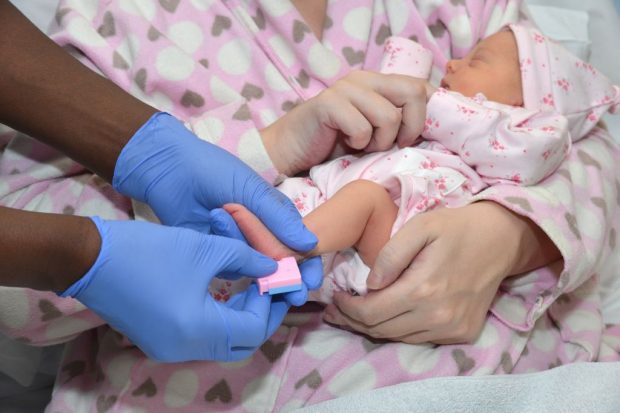
We offer all babies born in England newborn blood spot (NBS) screening for 9 rare but potentially disabling or life-threatening conditions.

We offer all babies born in England newborn blood spot (NBS) screening for 9 rare but potentially disabling or life-threatening conditions.

Today we published the key performance indicator (KPI) data for the second quarter of 2016 to 2017 (Q2, July to September 2016). The KPIs are used to measure how the NHS screening programmes are performing and aim to give a …

One of the values we hold dear in PHE Screening is supporting individuals to make an informed choice about screening.
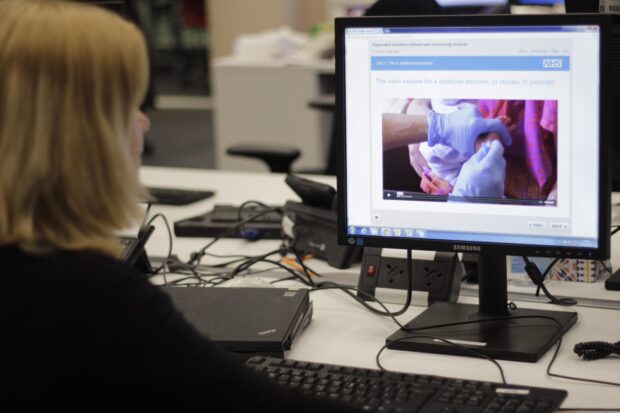
Public Health England doesn’t directly train people how to carry out screening in the NHS. We’d love to visit you all but sadly don’t have the resources to do this....
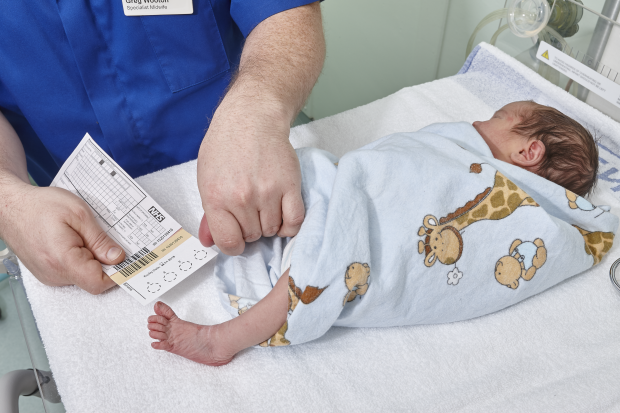
...including the 4 metabolic conditions added in January 2015: maple syrup urine disease isovaleric acidaemia glutaric aciduria type 1 homocystinuria The standards measure important points in the screening journey, including...

We’ve updated the antenatal and newborn screening e-learning module in line with clinical best practice and quality assurance requirements.
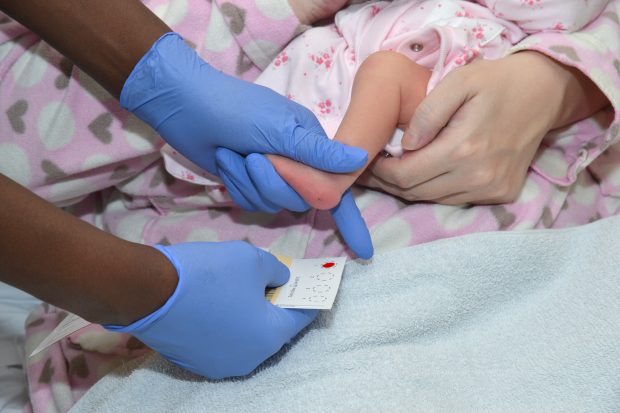
The NHS Newborn Blood Spot (NBS) Screening Programme uses a heel prick test to screen newborn babies for 9 rare but serious conditions. Babies who test positive can then be treated early, improving their health and, in some cases, preventing …

...December 2014 16 January 2015 14 February 2015 5 March 2015 4 April 2015 93% of samples arrived within 4 working days in the last financial year (April 2015 to...
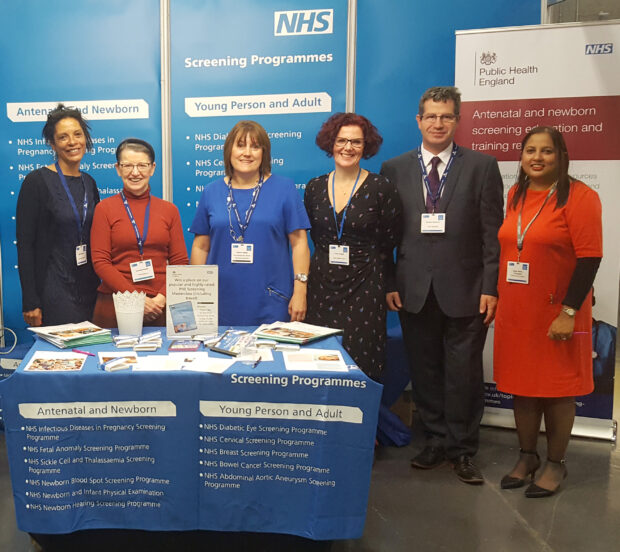
More than 1,000 midwives, students and other health professionals flocked to the Harrogate International Centre for this year’s Royal College of Midwives (RCM) conference on 19 and 20 October.
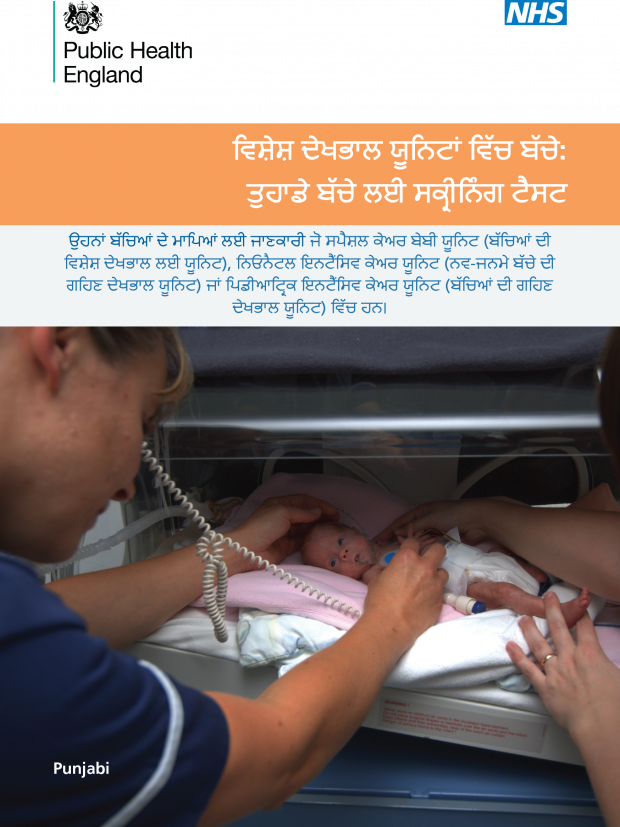
We aim to ensure NHS screening programmes are equally accessible to everyone who is eligible for testing.